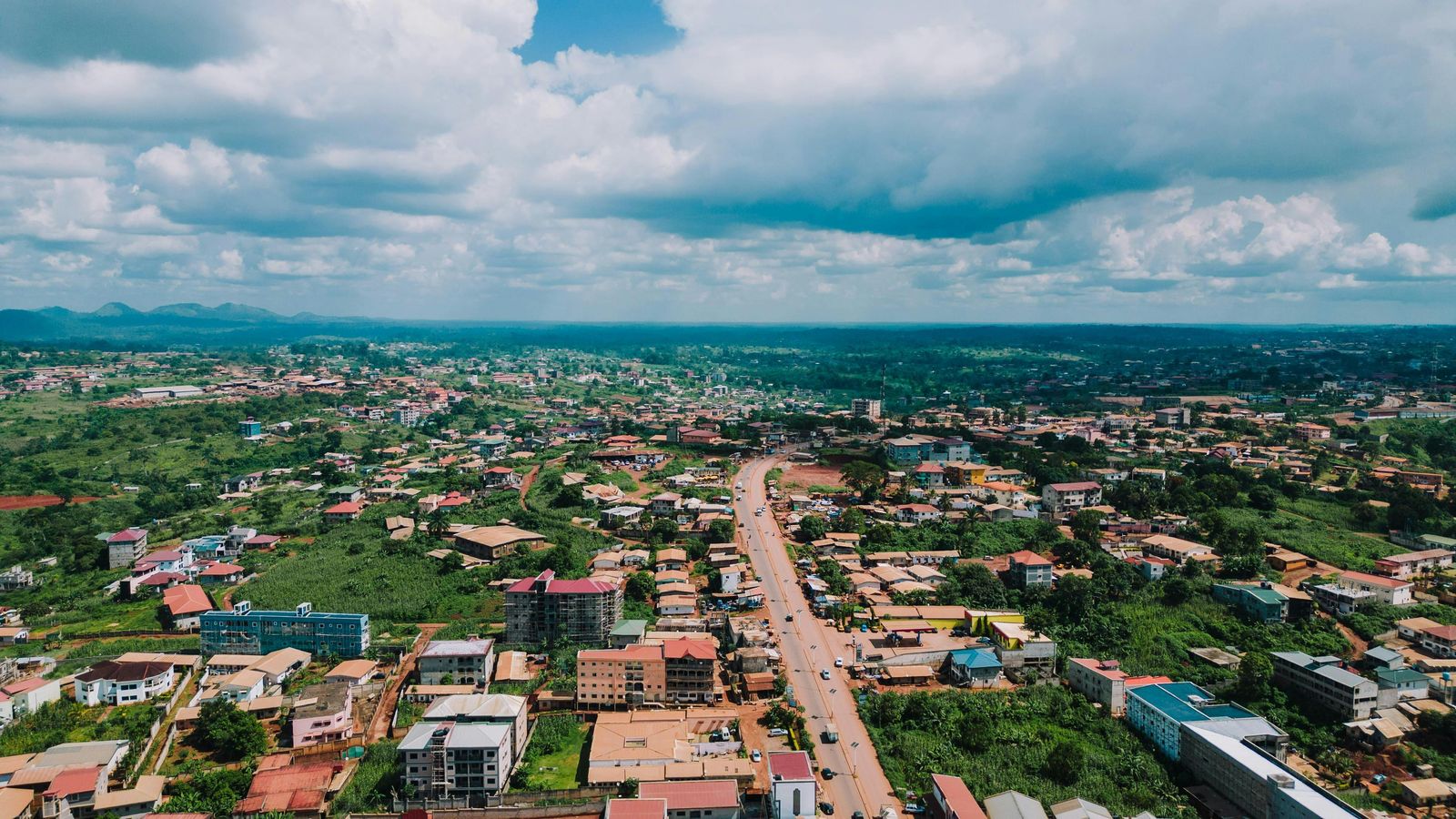
Sudan, a country in northeastern Africa, holds a rich tapestry of history, culture, and natural wonders. Did you know Sudan has more pyramids than Egypt? This fascinating fact is just the tip of the iceberg. From the ancient Kingdom of Kush to the bustling streets of Khartoum, Sudan offers a unique blend of the old and new. Why is Sudan often called the "Land of the Black Pharaohs"? This nickname comes from its deep historical roots and significant archaeological sites. Whether you're curious about its diverse ethnic groups, stunning landscapes, or complex political history, Sudan has countless stories waiting to be told. Ready to learn more? Let's dive into 25 intriguing facts about this captivating nation.
Key Takeaways:
- Sudan is a diverse country with deserts, rivers, and coral reefs. It has a rich history, including ancient pyramids and a tradition of hospitality.
- The economy is based on agriculture and natural resources like gum arabic and gold. Sudan's political landscape has been marked by independence, civil wars, and a recent revolution.
Geography and Nature
Sudan, the third-largest country in Africa, boasts diverse landscapes and natural wonders. From deserts to rivers, it has much to offer.
- Sudan is home to the Nubian Desert, a vast arid region that stretches across the northeastern part of the country.
- The Nile River, the longest river in the world, flows through Sudan, splitting into the Blue Nile and White Nile.
- Sudan has several national parks, including Dinder National Park, which is known for its rich biodiversity.
- The Red Sea coastline of Sudan is famous for its coral reefs and marine life, making it a popular spot for diving and snorkeling.
History and Culture
Sudan's history is rich and complex, with influences from ancient civilizations and various cultures.
- The ancient Kingdom of Kush, which rivaled Egypt in power and influence, was located in what is now Sudan.
- Sudan has more pyramids than Egypt, with over 200 pyramids in the region of Meroë alone.
- The country has a diverse cultural heritage, with over 500 different ethnic groups and languages spoken.
- Traditional Sudanese music often features the use of the oud, a stringed instrument similar to a lute.
Economy and Resources
Sudan's economy is largely based on agriculture, but it also has significant natural resources.
- Agriculture employs about 80% of Sudan's workforce, with crops like sorghum, millet, and wheat being staples.
- Sudan is one of the world's largest producers of gum arabic, a key ingredient in many food and industrial products.
- The country has rich deposits of minerals, including gold, which has become an important export.
- Oil was a major part of Sudan's economy until the secession of South Sudan in 2011, which took most of the oil fields.
Political Landscape
Sudan's political history has been turbulent, marked by conflicts and changes in governance.
- Sudan gained independence from British-Egyptian rule on January 1, 1956.
- The country experienced two civil wars, the first from 1955 to 1972 and the second from 1983 to 2005.
- In 2011, South Sudan seceded from Sudan, becoming the world's newest country.
- Sudan underwent a revolution in 2019, leading to the ousting of long-time president Omar al-Bashir.
Society and Daily Life
Daily life in Sudan varies greatly depending on the region and community, but certain aspects are common across the country.
- Sudanese cuisine often features dishes like ful medames (stewed fava beans) and kisra (a type of flatbread).
- Tea and coffee are popular beverages, with traditional coffee ceremonies being an important social activity.
- The majority of Sudan's population practices Islam, which influences many aspects of daily life and culture.
- Education is highly valued, but access to quality education varies widely between urban and rural areas.
Unique Facts
Some facts about Sudan are truly unique and might surprise you.
- Sudan has one of the world's oldest continuous civilizations, with evidence of human habitation dating back to 3000 BC.
- The country is known for its traditional Nubian wrestling, a popular sport in the northern regions.
- Sudanese people are known for their hospitality, often welcoming guests with a traditional coffee ceremony.
- The capital city, Khartoum, is located at the confluence of the Blue and White Nile rivers.
- Sudan has a rich tradition of storytelling, with oral histories and folktales being passed down through generations.
Sudan's Rich Tapestry
Sudan's history and culture are a fascinating blend of ancient traditions and modern influences. From the pyramids of Meroë to the bustling markets of Khartoum, the country offers a unique glimpse into Africa's diverse heritage. Sudan's Nile River has been a lifeline for civilizations, shaping its agriculture and trade. The nation's linguistic diversity and ethnic groups add to its rich cultural mosaic. Despite facing challenges, Sudan's people show resilience and a strong sense of community. Whether it's the ancient Nubian Kingdoms or the vibrant Sudanese cuisine, there's so much to appreciate. Understanding these facts helps us see Sudan beyond headlines, recognizing its contributions to history and culture. So, next time you think of Sudan, remember its rich tapestry woven with stories of endurance, innovation, and beauty.
Frequently Asked Questions
Was this page helpful?
Our commitment to delivering trustworthy and engaging content is at the heart of what we do. Each fact on our site is contributed by real users like you, bringing a wealth of diverse insights and information. To ensure the highest standards of accuracy and reliability, our dedicated editors meticulously review each submission. This process guarantees that the facts we share are not only fascinating but also credible. Trust in our commitment to quality and authenticity as you explore and learn with us.


